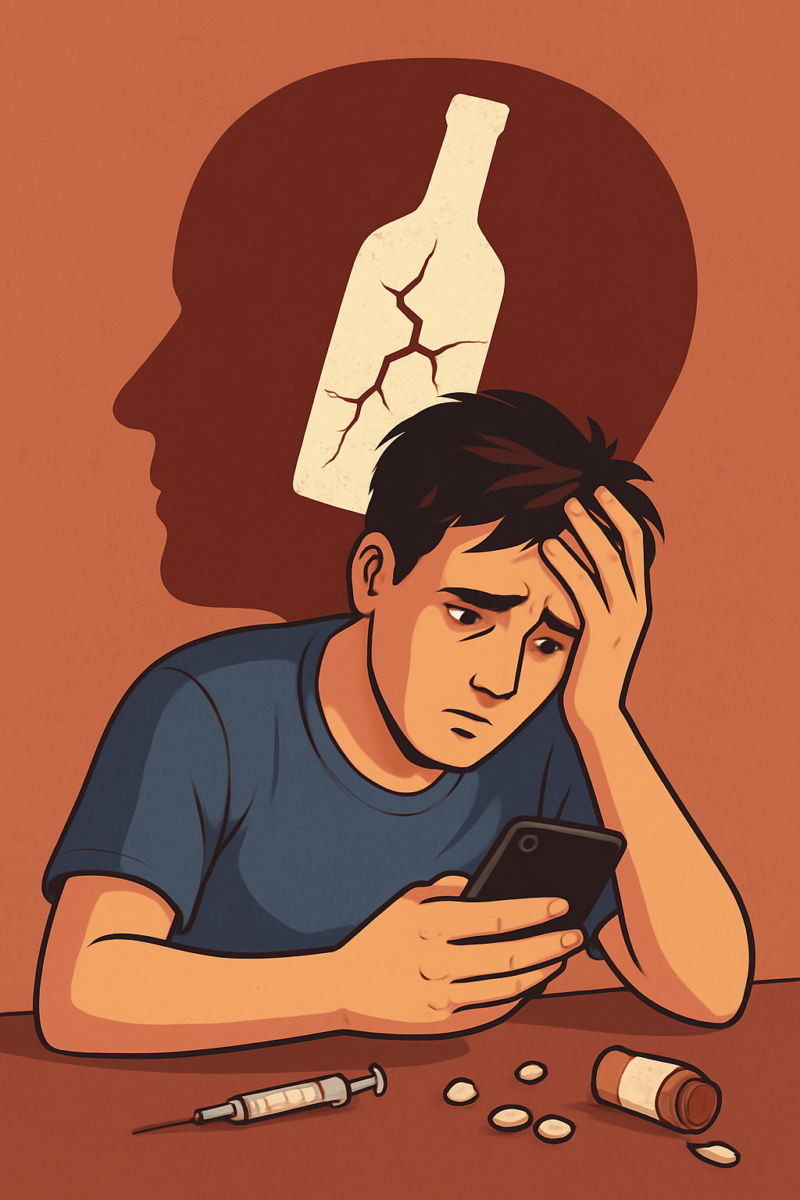Addiction is more than just “liking something too much.” It’s a powerful and often destructive cycle where the brain becomes dependent on a substance, activity, or behavior to feel normal or to escape discomfort. While most people associate addiction with drugs or alcohol, it can also apply to things like gambling, social media, video games, shopping, food, or even relationships.At its core, addiction hijacks the brain’s reward system. When you do something pleasurable—like scrolling social media, drinking, or eating sugary food—your brain releases dopamine, a chemical that makes you feel good. Over time, if you repeat that behavior too often, your brain starts to crave that dopamine rush. Eventually, it takes more and more of the same behavior to feel the same level of satisfaction, and stopping can make you feel anxious, restless, or empty.
Common Warning Signs of Addiction
1. Loss of Control
You tell yourself you’ll “only do it for a few minutes,” but hours pass. You may promise to stop, only to find yourself doing it again soon after.
2. Neglecting Responsibilities
School, work, or relationships begin to suffer. You might skip tasks, arrive late, or lose interest in things you used to care about.
3. Withdrawal Symptoms
When you try to cut back or stop, you feel irritable, anxious, bored, or even physically uncomfortable.
4. Tolerance
What once satisfied you no longer does. You need more of the same thing to feel the same level of pleasure or relief.
5. Using as an Escape
You turn to the behavior or substance to cope with sadness, loneliness, boredom, or stress instead of dealing with the root cause.
6. Hiding or Lying About It
You start keeping it secret—deleting messages, hiding receipts, or making excuses so others won’t notice.
7. Interfering With Health or Finances
You continue despite negative effects—poor sleep, weight gain, losing money, or constant fatigue.
Breaking the Cycle
Recognizing the problem is the first and hardest step. Addiction thrives in denial and shame, but recovery starts with honesty. Talking to someone you trust—a friend, therapist, or support group—can help you regain control. Small steps like setting limits, identifying triggers, and finding healthy replacements (exercise, creative work, journaling) can slowly rewire your brain.Addiction doesn’t make you weak—it’s a human response to pain and reward. But with awareness and support, recovery is absolutely possible.
